Princeton Studies in Culture/Power/History34
-

When Mary Steedly went to North Sumatra, Indonesia, she intended to study the curing practices of Karo Batak spirit mediums, the gurus who keep a community in touch with its ancestors. She became fascinated by the stories these women...
-
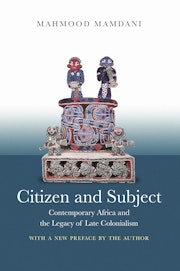
In analyzing the obstacles to democratization in post- independence Africa, Mahmood Mamdani offers a bold, insightful account of colonialism's legacy--a bifurcated power that mediated racial domination through tribally organized local...
-
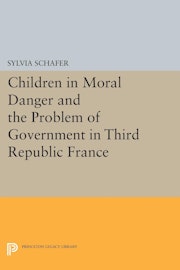
By exploring how children and their families became unprecedented objects of governmental policy in the early decades of France's Third Republic, Sylvia Schafer offers a fresh perspective on the self-fashioning of a new governmental...
-
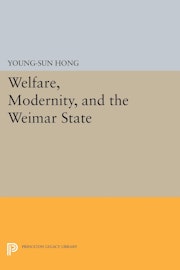
This is the first comprehensive study of the turbulent relationship among state, society, and church in the making of the modern German welfare system during the Weimar Republic. Young-Sun Hong examines the competing conceptions of...
-
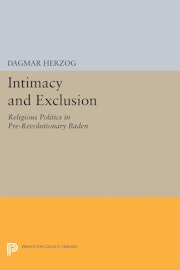
During the years leading up to the revolutions of 1848, liberal and conservative Germans engaged in a contest over the terms of the Enlightenment legacy and the meaning of Christianity--a contest that grew most intense in the Grand...
-
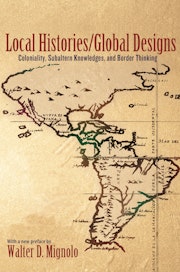
Local Histories/Global Designs is an extended argument about the "coloniality" of power by one of the most innovative Latin American and Latino scholars. In a shrinking world where sharp dichotomies, such as East/West and...
-
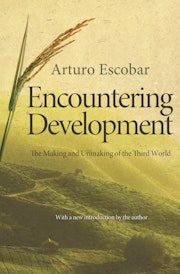
How did the industrialized nations of North America and Europe come to be seen as the appropriate models for post-World War II societies in Asia, Africa, and Latin America? How did the postwar discourse on development actually create...
-
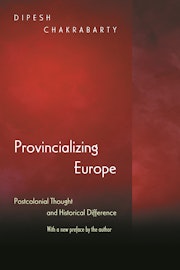
First published in 2000, Dipesh Chakrabarty's influential Provincializing Europe addresses the mythical figure of Europe that is often taken to be the original site of modernity in many histories of capitalist transition in non-Western...
-
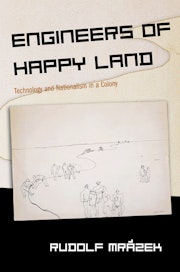
Based on close reading of historical documents--poetry as much as statistics--and focused on the conceptualization of technology, this book is an unconventional evocation of late colonial Netherlands East Indies (today Indonesia). In...
-
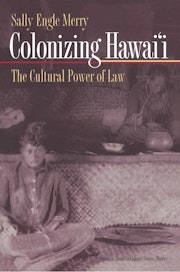
How does law transform family, sexuality, and community in the fractured social world characteristic of the colonizing process? The law was a cornerstone of the so-called civilizing process of nineteenth-century colonialism. It was...
-
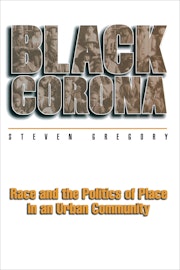
In Black Corona, Steven Gregory examines political culture and activism in an African-American neighborhood in New York City. Using historical and ethnographic research, he challenges the view that black urban communities are "socially...
-
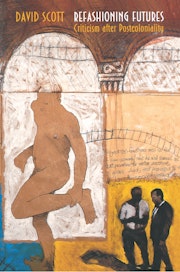
How can we best forge a theoretical practice that directly addresses the struggles of once-colonized countries, many of which face the collapse of both state and society in today's era of economic reform? David Scott argues that recent...
-
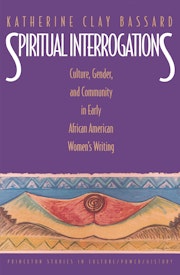
The late eighteenth century witnessed an influx of black women to the slave-trading ports of the American Northeast. The formation of an early African American community, bound together by shared experiences and spiritual values, owed...
-
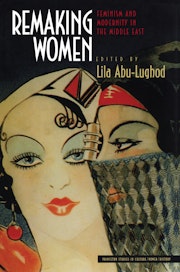
Contrary to popular perceptions, newly veiled women across the Middle East are just as much products and symbols of modernity as the upper- and middle-class women who courageously took off the veil almost a century ago. To make this...
-
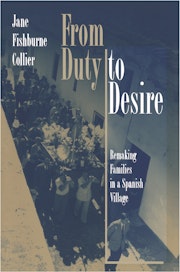
In the 1980s, Jane Collier revisited a village in Andalusia, where she and others had conducted fieldwork twenty years earlier, to investigate changes in family relationships and to explore the larger question of the development of a...
-
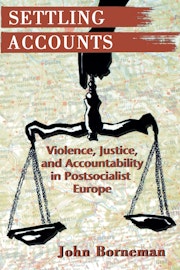
As new states in the former East bloc begin to reckon with their criminal pasts in the years following a revolutionary change of regimes, a basic pattern emerges: In those states where some form of retributive justice has been publicly...
-
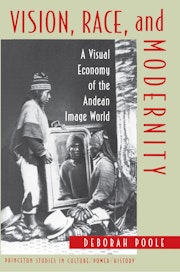
Through an intensive examination of photographs and engravings from European, Peruvian, and U.S. archives, Deborah Poole explores the role visual images and technologies have played in shaping modern understandings of race. Vision...
-
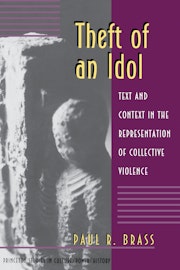
As collective violence erupts in many regions throughout the world, we often hear media reports that link the outbreaks to age-old ethnic or religious hostilities, thereby freeing the state, its agents, and its political elites from...
-
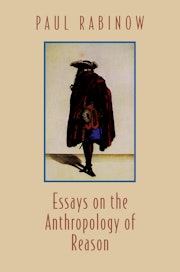
This collection of essays explains and encourages new reflection on Paul Rabinow's pioneering project to anthropologize the West. His goal is to exoticize the Western constitution of reality, emphasize those domains most taken for...
-
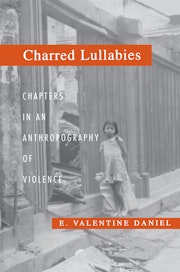
How does an ethnographer write about violence? How can he make sense of violent acts, for himself and for his readers, without compromising its sheer excess and its meaning-defying core? How can he remain a scholarly observer when the...
-
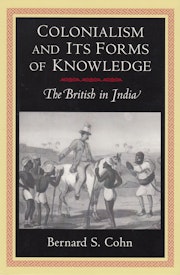
Bernard Cohn's interest in the construction of Empire as an intellectual and cultural phenomenon has set the agenda for the academic study of modern Indian culture for over two decades. His earlier publications have shown how dramatic...
-
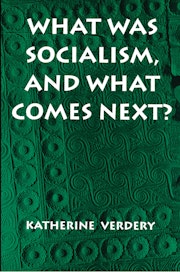
Among the first anthropologists to work in Eastern Europe, Katherine Verdery had built up a significant base of ethnographic and historical expertise when the major political transformations in the region began to take place. In this...
-
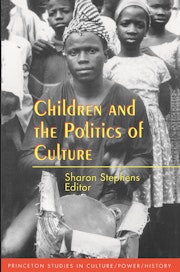
The bodies and minds of children--and the very space of children--are under assault. This is the message we receive from daily news headlines about violence, sexual abuse, exploitation, and neglect of children, and from a proliferation...
-
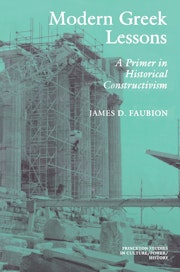
Through a blend of lively detail and elegant narration, James Faubion immerses us in the cosmopolitan intellectual life of Athens, a centerless city of multiplicities and fragmentations, a city on the "margins of Europe" recovering from...
-
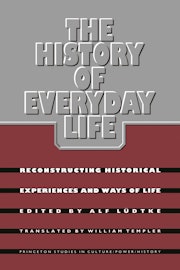
Alltagsgeschichte, or the history of everyday life, emerged during the 1980s as the most interesting new field among West German historians and, more recently, their East German colleagues. Partly in reaction to the modernization theory...
-
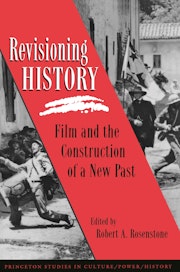
In Revisioning History thirteen historians from around the world look at the historical film on its own terms, not as it compares to written history but as a unique way of recounting the past. How does film construct a historical world?...
-
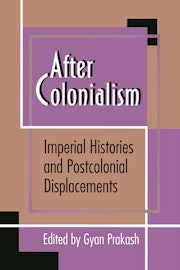
After Colonialism offers a fresh look at the history of colonialism and the changes in knowledge, disciplines, and identities produced by the imperial experience. Ranging across disciplines--from history to anthropology to literary...
-
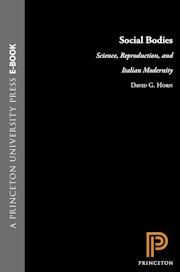
Using as his example post-World War I Italy and the government's interest in the size, growth rate, and "vitality" of its national population, David Horn suggests a genealogy for our present understanding of procreation as a site for...
-
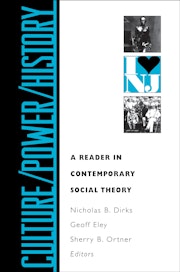
The intellectual radicalism of the 1960s spawned a new set of questions about the role and nature of "the political" in social life, questions that have since revolutionized nearly every field of thought, from literary criticism through...
-
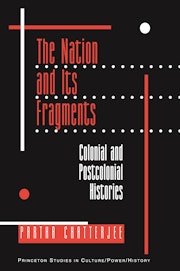
In this book, the prominent theorist Partha Chatterjee looks at the creative and powerful results of the nationalist imagination in Asia and Africa that are posited not on identity but on difference with the nationalism propagated by...
-

Why does the welfare state develop so unevenly across countries, regions, and localities? What accounts for the exclusions and disciplinary features of social programs? How are elite and popular conceptions of social reality related to...
-
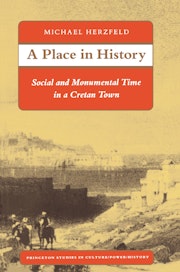
Michael Herzfeld describes what happens when a bureaucracy charged with historic conservation clashes with a local populace hostile to the state and suspicious of tourism. Focusing on the Cretan town of Rethemnos, once a center of...
-
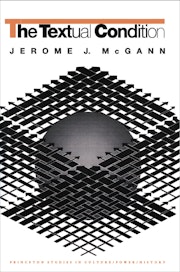
Over the past decade literary critic and editor Jerome McGann has developed a theory of textuality based in writing and production rather than in reading and interpretation. These new essays extend his investigations of the instability...
-
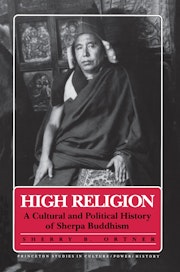
An eminent anthropologist examines the foundings of the first celibate Buddhist monasteries among the Sherpas of Nepal in the early twentieth century--a religious development that was a major departure from "folk" or "popular" Buddhism....